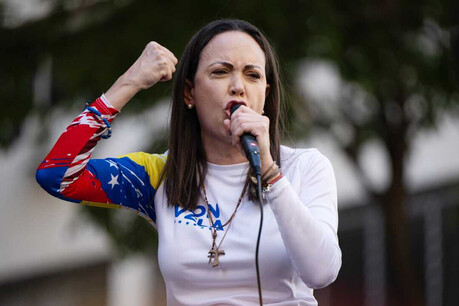
Split, Croatia – In a move echoing the Roman Emperor Diocletian's failed attempt to curb inflation, the Croatian government has implemented price controls on essential supermarket items, aiming to ease the burden on consumers facing soaring costs. This initiative, however, has drawn scrutiny from economists who warn of potential unintended consequences.
The new regulations, effective February 7th, cap the prices of 70 common grocery products, including bread, pork, and shampoo. Retailers found violating the rules face fines of up to 30,000 euros. This marks the government's third attempt since 2022 to control prices, with previous efforts proving largely ineffective as retailers simply avoided stocking price-controlled goods.
Croatia's economy has experienced robust growth, fueled by a thriving tourism sector and rising wages. However, this growth has been accompanied by persistent inflation, reaching 5 percent in January. Economists attribute the inflation to pandemic-era stimulus, increased public sector wages, and price adjustments following Croatia's adoption of the euro.
The government, led by Prime Minister Andrej Plenkovic, insists that this time, enforcement will be rigorous. Shops are required to display lists of the price-controlled items, and regular inspections are promised. Plenkovic has publicly criticized retailers for "price gouging," emphasizing the need to protect consumers.
Consumers in Split, like Anita Kargotic, are adapting to the new reality. Many are relying on generic brands and making careful choices to manage their budgets. "I'm always looking at lower prices, paying attention to sales," Kargotic said. Other citizens, such as ballet dancer Leonardo Inacio, are having to cut back on important items like supplements, in order to afford basic groceries.
Economists, including John H. Cochrane of the Hoover Institution, express skepticism about the effectiveness of price controls. They cite historical examples, such as Diocletian's edict, where such measures led to shortages and black markets. "It's like trying to stem the symptoms rather than treating the underlying disease," Cochrane said.
While the Croatian government aims to provide immediate relief to consumers, the long-term impact of these price controls remains uncertain. The situation highlights the ongoing challenge of balancing economic growth with price stability, a dilemma that has persisted throughout history.
[Copyright (c) Global Economic Times. All Rights Reserved.]






























